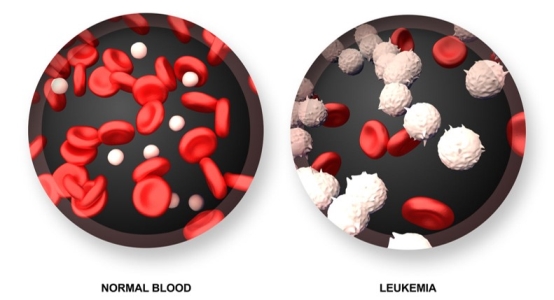Information for Patients
Information for Patients
Patients and Clinical trials
HOW MIGHT YOU BENEFIT FROM TAKING PART IN A CLINICAL TRIAL?
Patients on clinical trials may have access to new drugs and therapies that might not be available as a standard treatment option and experience a very high standard of care. Clinical trials offer the chance to try new or alternative treatments when a patient may not have responded to a conventional treatment. Please see our Patient information leaflet -Clinical trials
PATIENT POWER- WHAT YOU CAN DO AS A PATIENT
One of the greatest barriers to patient participation in clinical trials is a lack of awareness. Generally speaking, clinical trials are not spoken about in regular doctor/patient appointments as a treatment option. Ideally they should be part of every post-diagnosis consultation. All patients need to know what type of illness they have and whether there is a current or possible future treatment. Once patients have come to terms with their diagnosis, clinical trial opportunities should factor into any discussion of treatment options.
.jpg)
Nowdays, patients are becoming empowered consumers —for example, there are a growing number of online clinical trial finder tools that can be easily accessed by both medical teams and patients and their carers to search for appropriate trials based on a patient’s disease. This means patients now have the power to look for new treatments and trials related to their specific disease that their own doctors may not be aware of.
If you think you may benefit from participating in a clinical trial you should raise the topic with your doctor and ask for information about clinical trials or contact us at BCNI@nuigalway.ie or visit www.bloodcancers.ie/bloodcancers/clinicaltrials/
Patient Stories
In this section we share stories from patients on clinical trials so you can learn about their experience of having blood cancer and taking part in a clinical trial
Cancer patients and their families are helped enormously by hearing the experiences of others going through similar things. This allows them to see that they are not alone on their journey, they can see how other patients are facing their health issues, gaining knowledge about their disease and even influencing their own treatment.
Some of the patients on our clinical trials have bravely and kindly agreed to share their experiences in the hope that it will be of help to other patients like them. If you are a patient on a clinical trial and would like to contribute a story about your own experience of having a blood cancer and being on a clinical trial please contact BCNI@nuigalway.ie
Information on Blood Cancers
Blood cancer is an umbrella term for cancers that affect the cells of the blood or the organs where blood cells grow and develop such as the bone marrow and lymphatic system. It includes cancers such as leukaemia, lymphoma and myeloma. Most of these cancers begin in the bone marrow where blood is produced or in the lymph nodes where white blood cells mature. In the bone marrow so called “Stem cells” can mature into three types of blood cells: red blood cells, white blood cells and platelets. In most blood cancers the normal development of blood cells is interrupted, leading to the accumulation of abnormal blood cells and the lack of proper, healthy blood cells.
To learn more about how blood cancers develop please see our short animated video by clicking here

Blood cancers are traditionally treated with genotoxic or cytotoxic chemotherapeutic drugs and in many cases the treatment is very effective, however in some cases the cancer returns (relapses) and becomes resistant to drug treatment. Blood cancers account for about 10% of cancer deaths and it is the relapsed drug resistant cancer that is the cause of most deaths. How blood cancers develop and how these cancer cells can become resistant to drugs is becoming better understood. Using this knowledge companies and researchers work together to develop new and better treatments that target the specific features of cancer cells.

There are three main types of blood cancers: Leukaemia, Lymphoma and Myeloma.
For more infomation you can also listen in to a radio interview by Prof Michael O'Dwyer giving an overview of blood cancers and advances in treatments by downloading

